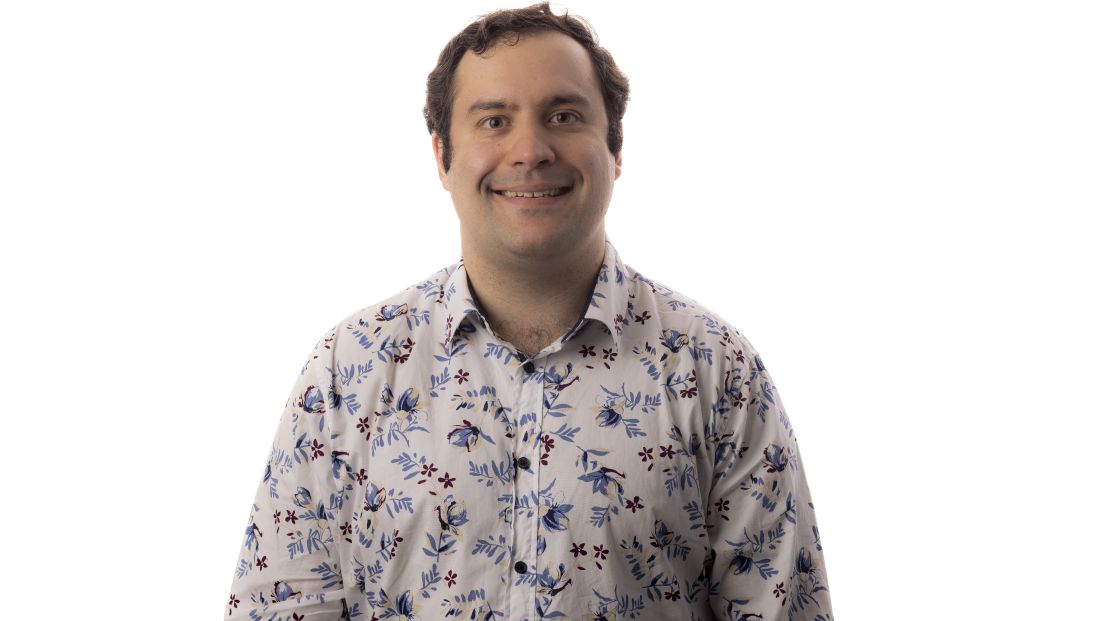Autism Spectrum Australia (Aspect) is looking for participants to take part in an important study to determine whether police officers in Australia might benefit from training and support when interacting with people on the autism spectrum.
Vicki Gibbs, National Manager, Aspect Research and Assessment, says that while there is anecdotal evidence relating to individual incidents, there is currently no factual information available regarding the nature of interactions with police and people on the spectrum in Australia and that needs to change.
“People on the autism spectrum have difficulty understanding social cues and communicating effectively and in unfamiliar or stressful situations they can become highly anxious and behave in ways that could put them at risk.
“Some characteristics associated with autism such as naïve social awareness, lack of insight into the effects of behaviour, sensory differences and obsessive interests may also lead to involvement with the criminal justice system, with a recent US study finding that 20% of youth on the spectrum had encounters with police before the age of 21. They are also at a much higher risk of victimisation.
“Current police protocols may not prepare police officers to adequately deal with people on the spectrum,” Ms Gibbs said
“Knowing how to de-escalate a situation that involves someone who is on the autism spectrum in a high stress situation is hugely important skill for police and other emergency workers operating on the frontline,” Ms Gibbs said. “Research in the US and UK has found that there is a lack of awareness of autism amongst first responders but that police are generally positive about practical training when it is provided”.
Ms Gibbs said that autism training for police and other criminal justice and emergency service personnel had been conducted in the US and the UK for more than 10 years, with the UK and several US states mandating autism training for police.
“This study will provide us with the information we need to determine if practical training for police would be beneficial and inform any training programs we develop. Having a better understand of how an individual’s autism might impact on their interactions with police would be hugely beneficial for both the police and people on the spectrum.
“It’s a win/win in my opinion,” Ms Gibbs said.



